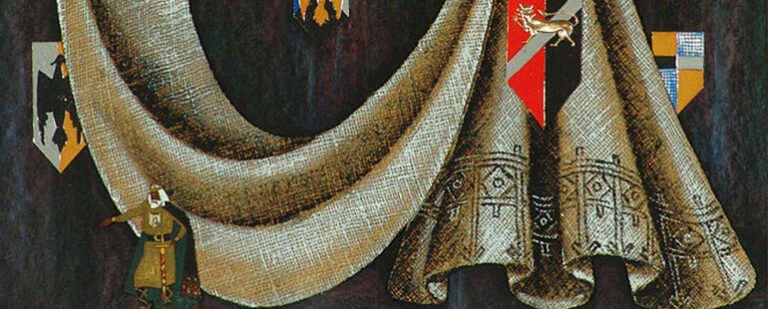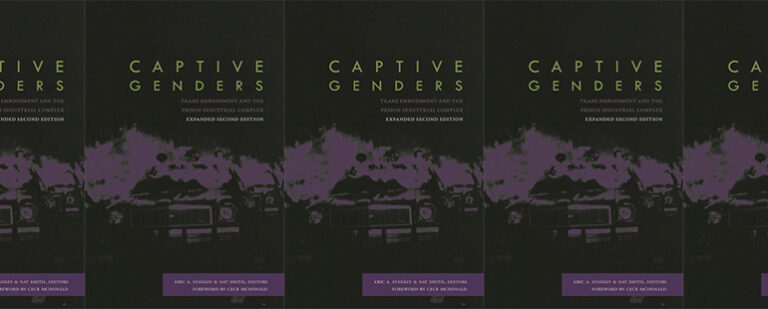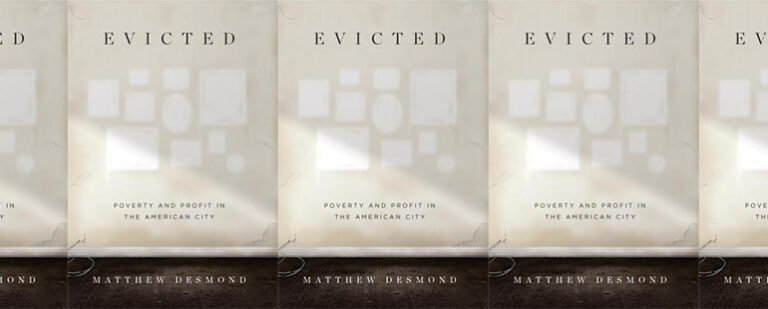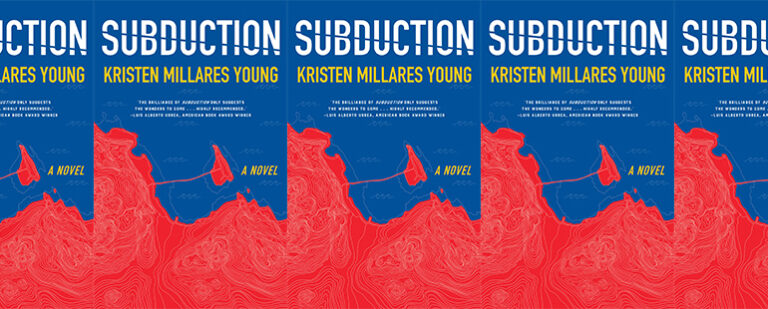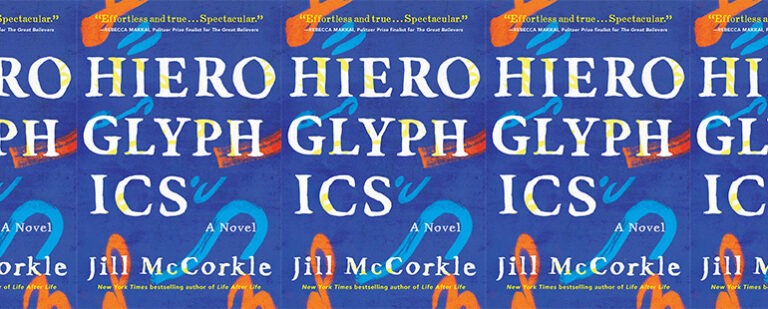Jewtopia
As she got older, anytime someone was thinking of leaving town, my grandmother would implore them to stay, reciting the refrain that has now become a family catchphrase: “Don’t go no place,” she’d say. Family is the place. Nobody understands this interpretation of the utopian ideal better than immigrant communities.


